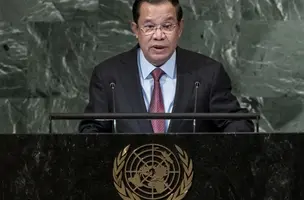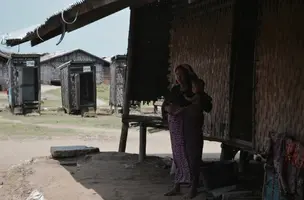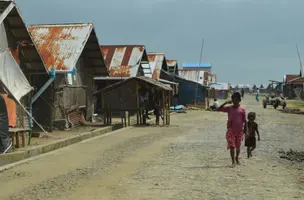
Home
Publications
Publications
Showing 0 to 0 of 0 results

Opinion Articles
2022-10-26T09:17:00
Hun Sen Knows What is Going on Under His Watch

Statements
2016-11-12T07:30:06
Regional parliamentarians renew call for investigation into Rakhine State violence

Statements
2015-10-09T07:27:13
ASEAN parliamentarians warn of looming regional crisis resulting from systematic discrimination in Myanmar’s Rakhine State
TOP
ASEAN Parliamentarians for Human Rights (APHR) was founded in June 2013 with the objective of promoting democracy and human rights across Southeast Asia. Our founding members include many of the region's most progressive Members of Parliament (MPs), with a proven track record of human rights advocacy work.
Copyright © 2024-2025 All Rights Reserved - ASEAN Parliamentarians for Human Rights (APHR)
Website by Bordermedia